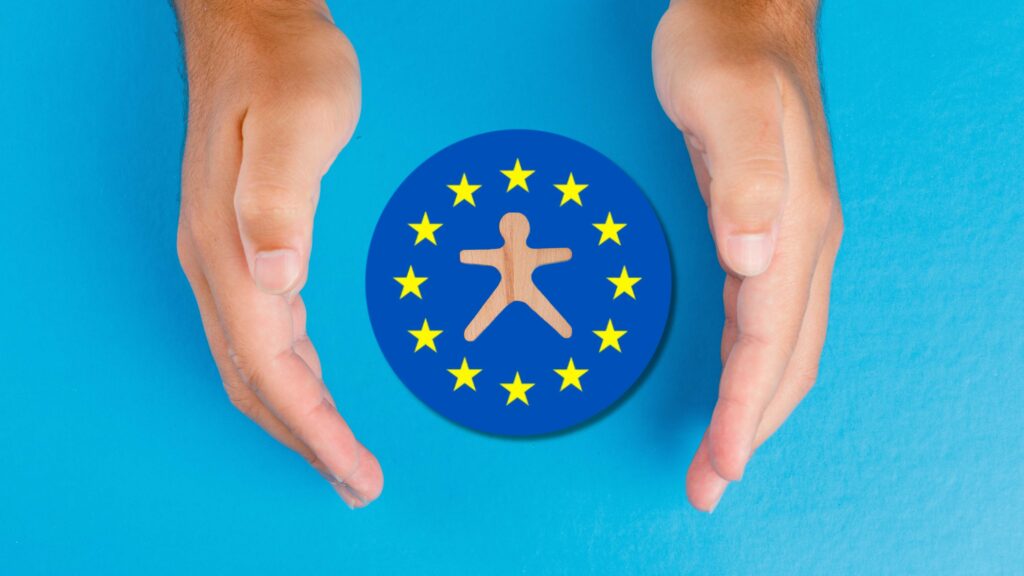EU moves forward on new online child protection rules
The Council endorsed new EU rules that oblige online providers to prevent the spread of harmful material and give national authorities stronger powers to intervene when risks arise.

EU member states reached a common position on a regulation intended to reduce online child sexual abuse.
The proposal introduces obligations for digital service providers to prevent the spread of harmful content and to respond when national authorities require the removal, blocking or delisting of material.
A framework that requires providers to assess how their services could be misused and to adopt measures that lower the risk.
Authorities will classify services into three categories based on objective criteria, allowing targeted obligations for higher-risk environments. Victims will be able to request assistance when seeking the removal or disabling of material that concerns them.
The regulation establishes an EU Centre on Child Sexual Abuse, which will support national authorities, process reports from companies and maintain a database of indicators. The Centre will also work with Europol to ensure that relevant information reaches law enforcement bodies in member states.
The Council position makes permanent the voluntary activities already carried out by companies, including scanning and reporting, which were previously supported by a temporary exemption.
Formal negotiations with the European Parliament can now begin with the aim of adopting the final regulation.
Would you like to learn more about AI, tech and digital diplomacy? If so, ask our Diplo chatbot!
